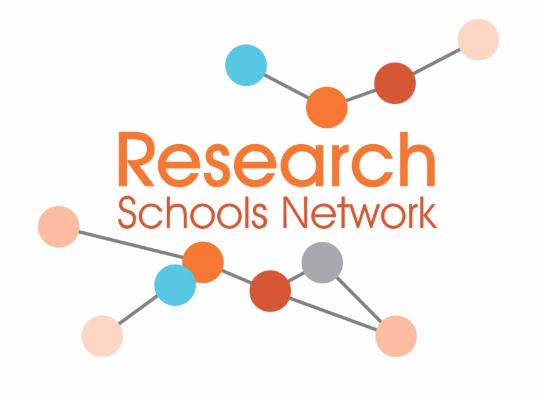In the bustling realm of education, where academic milestones often steal the spotlight, lies a quieter yet pivotal aspect: social and emotional learning (SEL). As educators, parents, and community members, we understand that education extends beyond textbooks — it nurtures holistic development.
Social and emotional learning (SEL) is the bedrock of resilient, empathetic individuals. It equips them with tools to navigate relationships, manage emotions, and make responsible decisions. In today’s fast-paced world, SEL skills like effective communication and conflict resolution are indispensable.
Improving Social and Emotional Learning in Primary Schools reviews the best available research to offer school leaders six practical recommendations to support good SEL for all children. It stresses this is especially important for children from disadvantaged backgrounds and other vulnerable groups, who, on average, have weaker SEL skills at all ages than their better-off classmates.
One of the teaching strategies from the guidance is to teach social and emotional learning (SEL) skills explicitly. This is vital as it allows focused development of specific abilities, ensuring equitable access for all students regardless of background. Through explicit instruction, students gain enhanced self-awareness, understanding their emotions, strengths, and areas for growth, while also acquiring crucial social skills like communication and empathy for positive relationships. SEL instruction teaches effective emotion regulation strategies, fostering resilience and adaptability in facing challenges. By promoting empathy and respect, SEL contributes to a positive school climate where students feel valued and connected. Ultimately, explicit SEL instruction prepares students for success beyond school, equipping them with essential skills for relationships, careers, and civic engagement, thereby nurturing resilient, empathetic, and socially responsible individuals.

